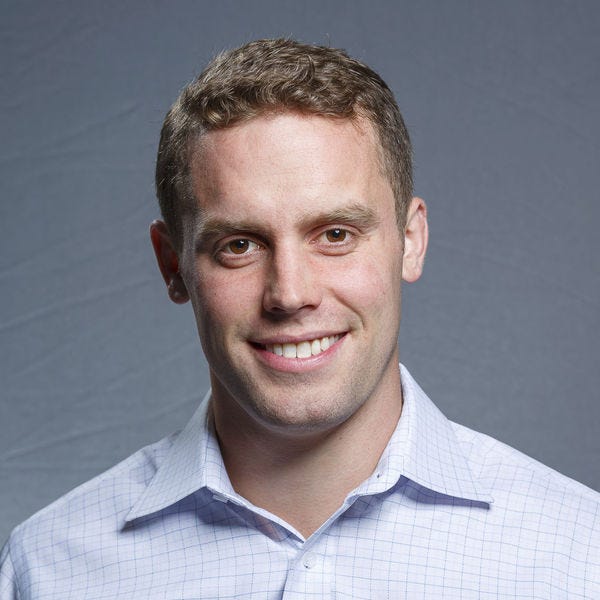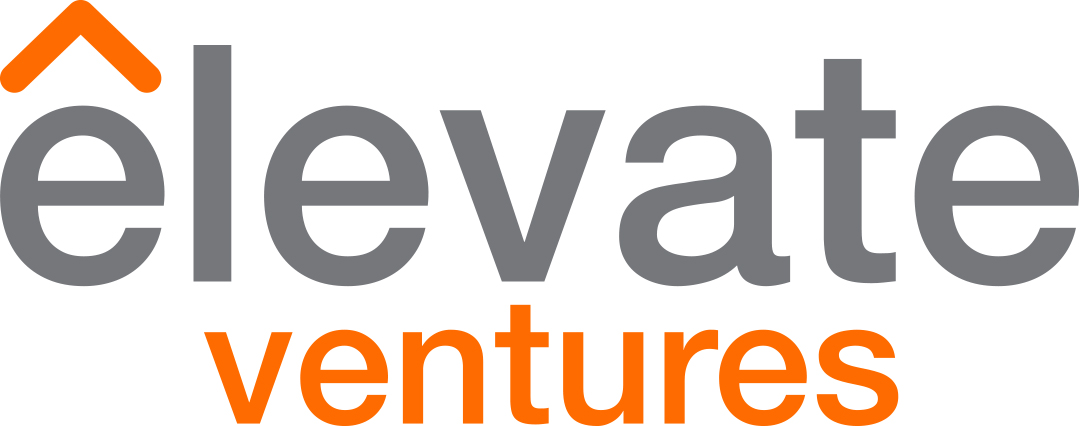June 12, 2017
SOUTH BEND — Matt Berg can’t technically sell sleep.
He can’t guarantee that the advice or products he sells will bring on sleep.
Yet he has data, tools and expertise that make it likely, that make his startup company Somni a growing business. And he has a story about the power of sleep.
“I was a terrible sleeper in college,” he said during a recent interview at the Best Office Ever as part of the Best Week Ever celebration.
As he worked toward degrees in psychology and chemistry at the University of Notre Dame, Berg ignored the importance of sleep and kept pushing. “I was essentially making poor decisions when it came to sleep.”
The sleep deprivation prompted a health crisis his senior year. A seminar on the heels of that covered the neuroscience of sleep and woke him up to the possibilities personally and professionally.
With some friends, he talked about forming a company to help people from a space they didn’t feel other companies were addressing. Two years ago, they formed Somni (online at puresomni.com).
As he pitches to potential investors, he identifies the need to help people sleep and how Somni can fill it.
The “I’ll sleep when I’m dead” culture causes $400 billion in lost productivity every year, he said. Being awake for 20 hours produces the same effect as being legally drunk. The Exxon Valdez and Chernobyl accidents, as well as numerous train crashes, have been tied to sleep deprivation. And as many as 70 million of U.S. adults have a diagnosed sleep disorder, he said.
Berg believes he can help train people to sleep better. As an entrepreneur, he believes he can provide a solution to a problem.
“There are so many things that affect your sleep that are behavior-based, that don’t involve a pill or a mattress,” said Berg.
So what Berg and four other staff, plus some interns, do from a small property near Notre Dame is teach people how to sleep better by combining science, design principles and data.
When someone signs up with Somni, which can cost as little as $29, the company sends a toolkit that includes chamomile tea, lavender aromatherapy, ear plugs, a sleep mask and nasal strips.
But more important than that are 14 days of lessons and what comes after them (which then cost more). Somni emails short lessons to the user to teach some principles of sleep. The little things that are actually big things such as not using devices at night and limiting alcohol before bedtime.
“Our program is designed to make these new healthy habits,” Berg said. “Once you realize how much better your quality of life is you go to great lengths to protect it.”
Somni can then help assess data gathered with FitBit wearable devices to track progress. At this point, wearables are better at tracking steps than sleep, said Berg.
“We think it’s good enough,” he said. “We’re trying to find a better way for the future.”
Berg said Somni would consider being involved in hardware development. Somni has more than a thousand users and is marketing to get more, primarily by targeting company wellness plans. So far, Berg and the others have self-funded much of the business with some support from Elevate Ventures, which helps provide support and venture capital funding to Indiana startup companies.
Somni is playing in the field of “tech-enabled healthcare.” A Silicon Valley company called Omada is trying to help people with type 2 diabetes in similar ways. Berg believes his field will continue to grow.
“I think sports teams in the next decade: everyone’s going to have a sleep expert on their staff,” he said.
The South Bend-Elkhart region has a number of tech startups and potential for more. As Somni grows, it could become a regional success story. It could help the region shed any sense that it’s sleepy when it comes to business growth, particularly in the tech sector.
Marshall V. King is a freelance writer and photographer who has worked in Elkhart County as a journalist for more than 20 years. You can read his Food for Thought each Monday and his Dining a la King column each Friday.
Matt Berg’s tips to improve sleep
• Don’t take the cellphone into the bedroom. Even with changes to limit blue light, devices are often enemies of sleep.
• Be consistent with habits, bedtimes and wake-ups. “The brain loves consistency,” he said.
• Take a nap. “I try to take a nap every day after lunch,” said Berg. Research shows that a 20-minute or 90-minute nap fits body rhythms and boosts memory and creativity.
• Be careful what and when you drink. Coffee has a lasting effect beyond the initial jolt. Alcohol “puts you to sleep but it destroys the quality of your sleep,” he said.




